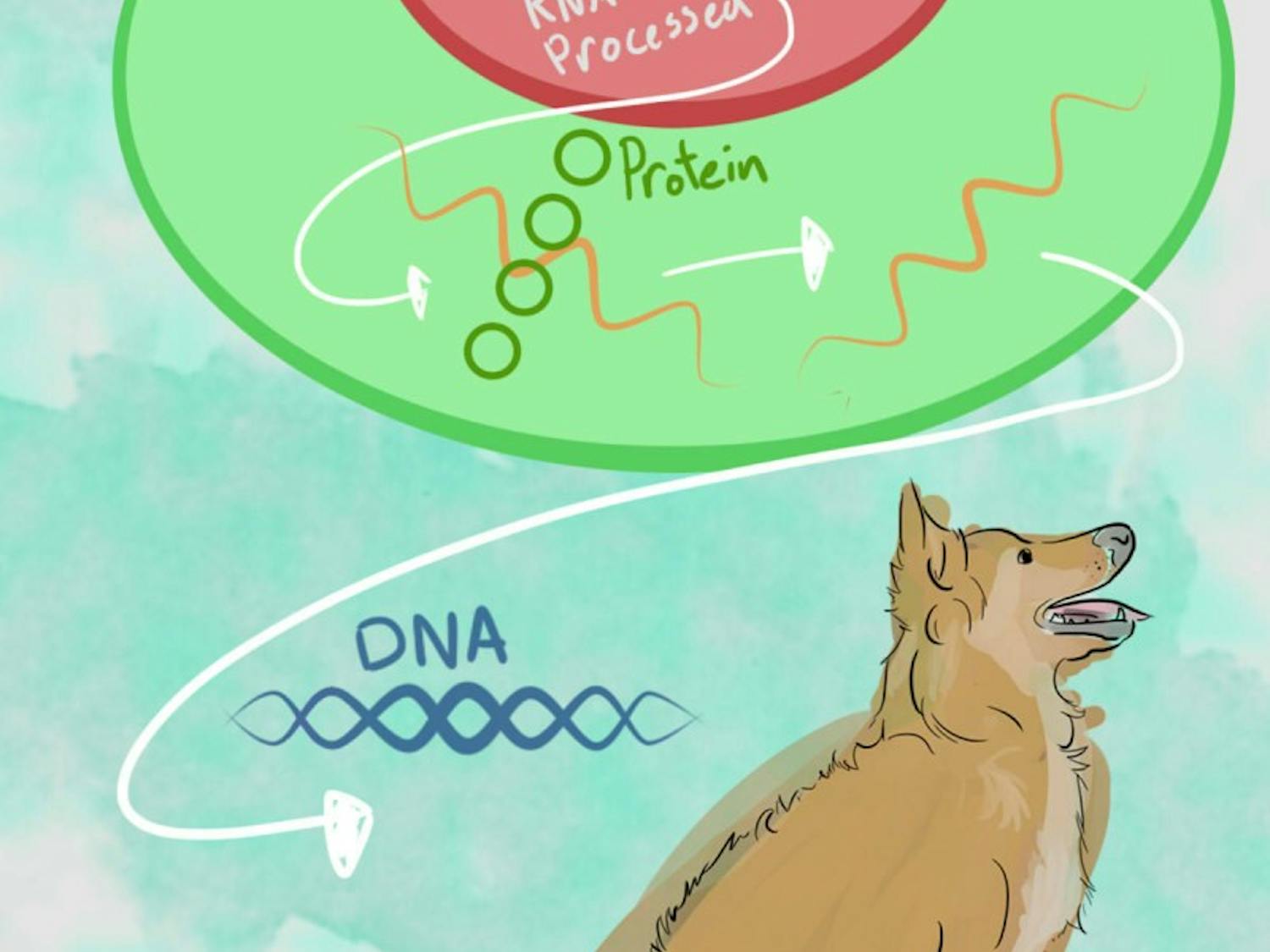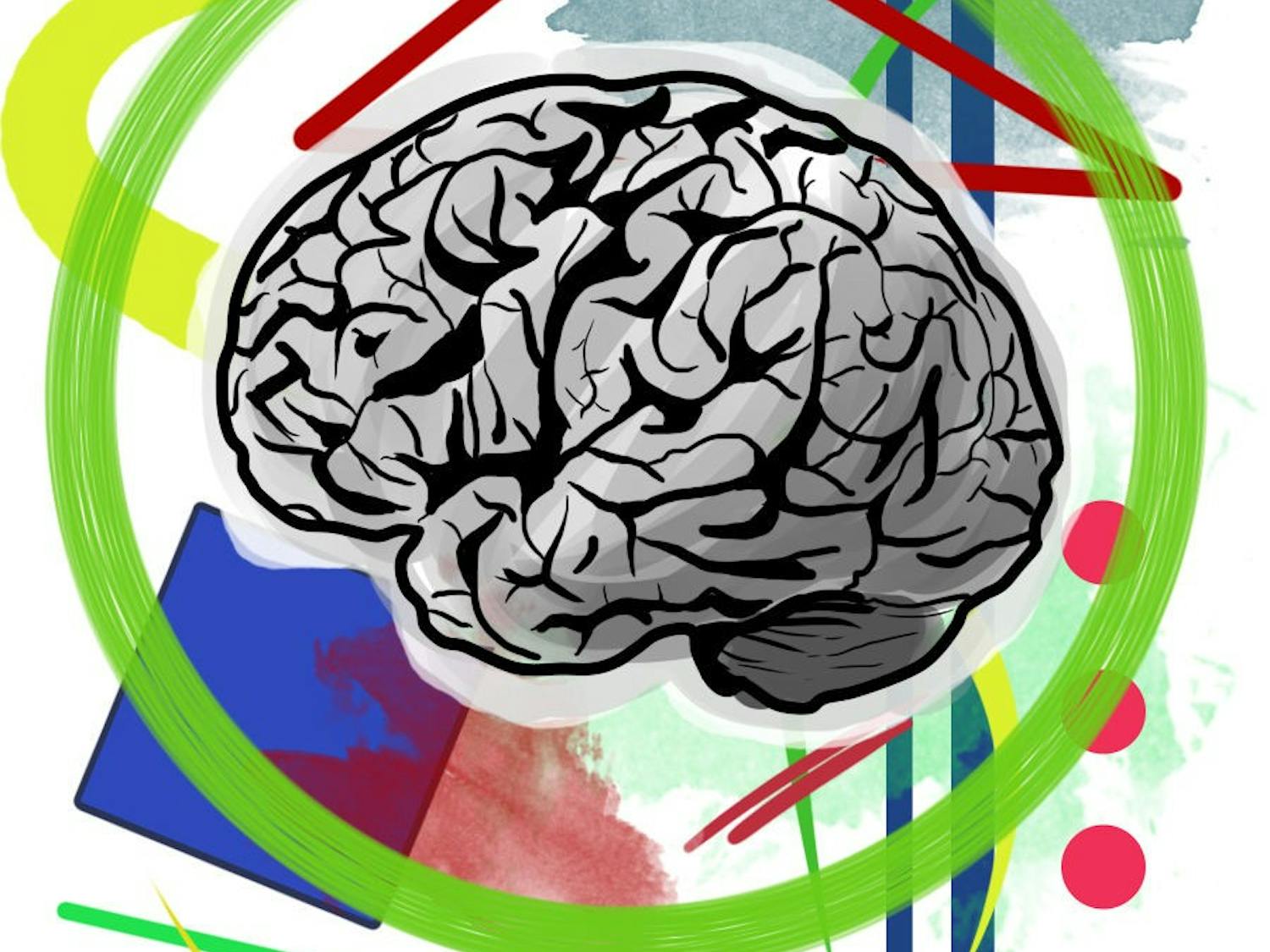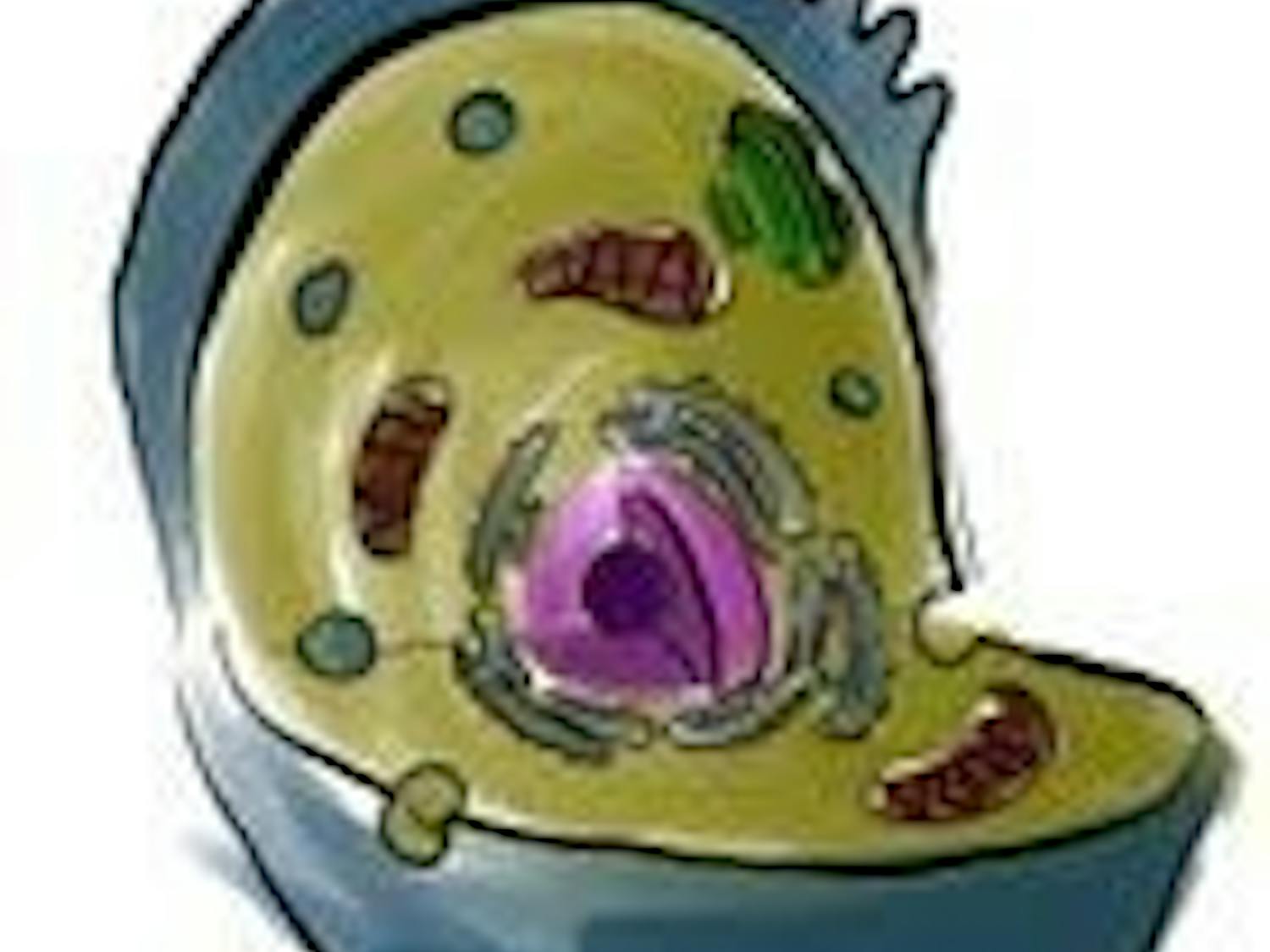Ask Ms. Scientist: UW-Madison badgers vs American badgers
By Corinne Thornton | May. 3, 2015What’s life like for real American badgers? I’m graduating after four years with a collection of pictures with Bucky, have visited the badger at Henry Vilas Zoo and yet have never wondered about the qualities that make them such a great mascot.






